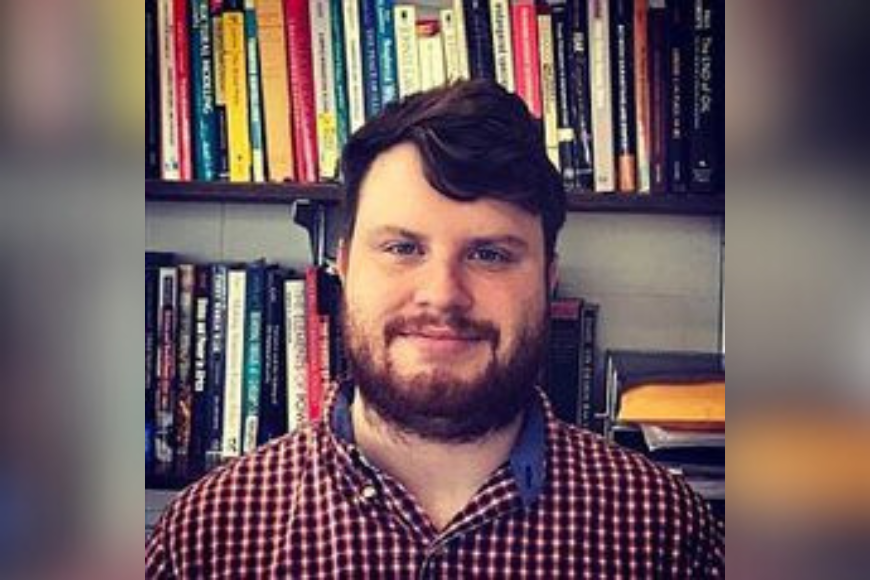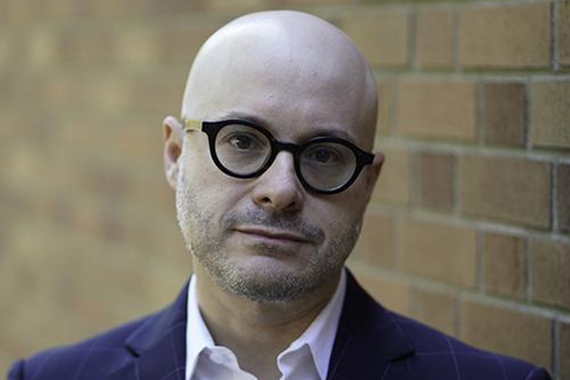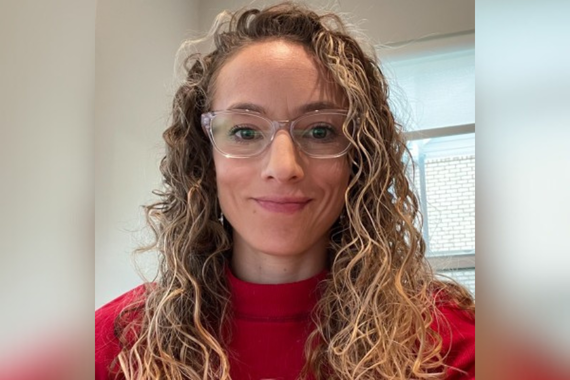Research and Teaching Experiences Prepared Alumnus for Various Positions Before and After Graduating
Can you describe your graduate program experience?
I studied international relations (IR) as my primary subfield and comparative politics as my second subfield. I was a co-organizer for both the Minnesota International Relations Colloquium (MIRC) and the Minnesota Political Methodology Colloquium. In that same year, Carly Potz-Nielsen and I organized a graduate student methods conference. I took a mixture of classes at Minnesota, including IR, comparative, and methods courses. I participated in the Graduate Research Partnership Program with Ronald Krebs in the Summer of 2017. The project led to many more collaborations. Throughout my time at Minnesota, I was a TA and RA. I was a TA for a diverse set of courses including Human Rights; Citizens, Consumers, and Society; and Russian Politics. I taught my own course, entitled “The US and the Rise of China.”
Why did you choose the University of Minnesota’s political science graduate program?
I appreciated Minnesota’s long legacy of constructivist and critical international relations. When I visited the university, I felt welcomed by faculty and graduate students alike.
What has your career path been?
During grad school, I took a predoctoral fellowship at the Center for Grand Strategy at the Bush School at Texas A&M. After defending my dissertation I was a Grand Strategy, Security, and Statecraft Fellow jointly appointed at the International Security Program, Belfer Center for Science and International Affairs, Harvard Kennedy School and the Security Studies Program, MIT. I was also a Hans J. Morgenthau Fellow at the Notre Dame International Security Center. I then moved over to the UK to take on my current position. I am a Lecturer (Assistant Professor) in the Department of Political Science and International Studies (POLSIS) at the University of Birmingham. I am also a Non-Resident Fellow at the Quincy Institute for Responsible Statecraft, a Washington, DC-based foreign policy think tank. I currently teach courses on international security and rising powers.
What did you do during your time as a graduate student to best prepare you for your career after graduating?
I could not have ended up where I am without the support, kindness, and generosity of faculty mentors at Minnesota, including Tanisha Fazal, Mark Bell, and, especially, Ronald Krebs. I tried to take a wide range of courses at Minnesota to expose myself to different ideas, including IR, comparative, and methods courses. I took the opportunity to serve as the graduate student representative on a number of IR faculty search committees, which helped me get a sense of the job market, the competitiveness of the market, and the job market process.
How did the department set you up for success?
The intellectual environment at Minnesota was amazing. I miss spending time in the computer lab and offices talking with my friends and colleagues. MIRC was an amazing opportunity to meet scholars from around the world and to share ideas. Looking back at my time at Minnesota, the opportunities offered were eclectic and diverse, which I think has set me up well for future success.
What advice would you give to political science graduate students?
Make friends and be a good colleague. Expand your horizontal networks as much as your vertical networks. The friends I made along the way, both at Minnesota and more broadly (graduate students from other programs), have been key to my own successes and have helped when things have been difficult in my professional and/or personal life. Have writing/reading groups with your fellow grad students to keep each other accountable. Share materials, share joy in each other’s successes, and be there for each other’s failures/rejections.


